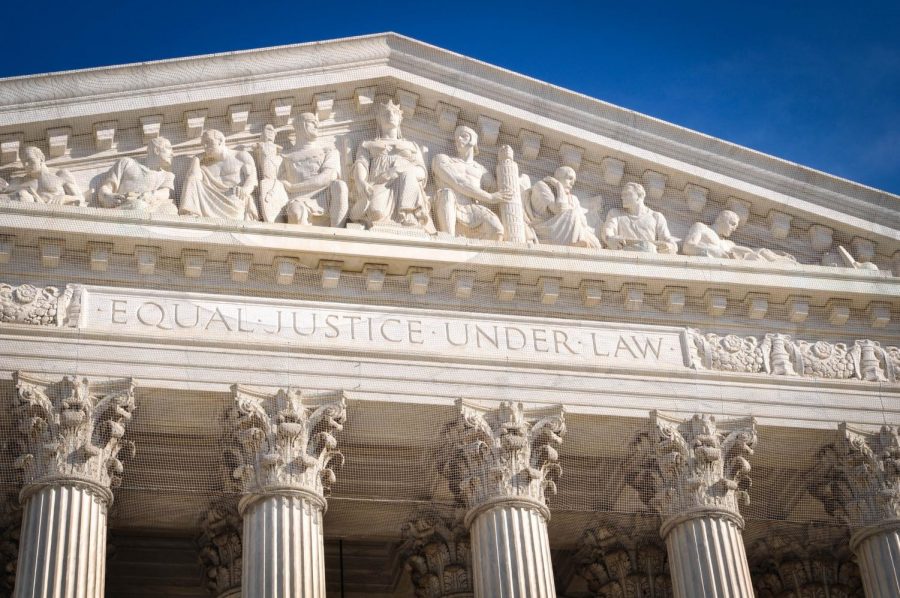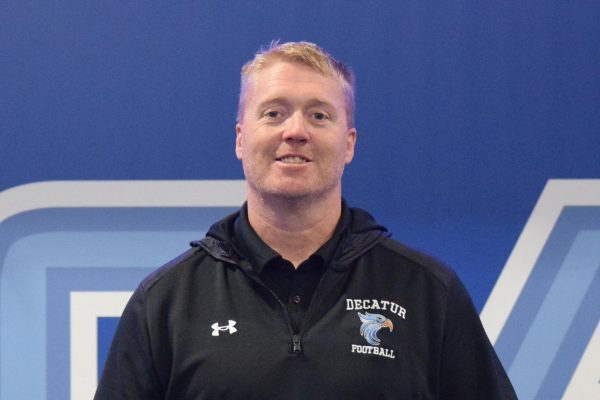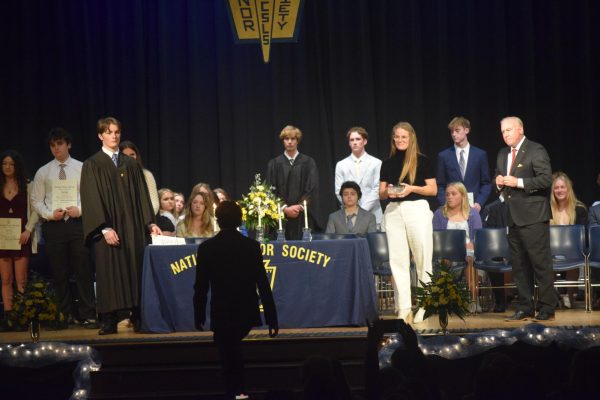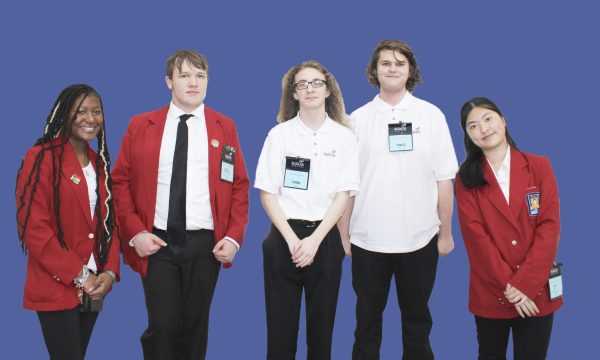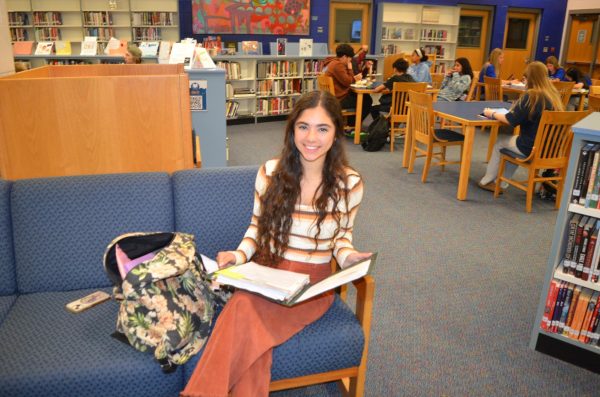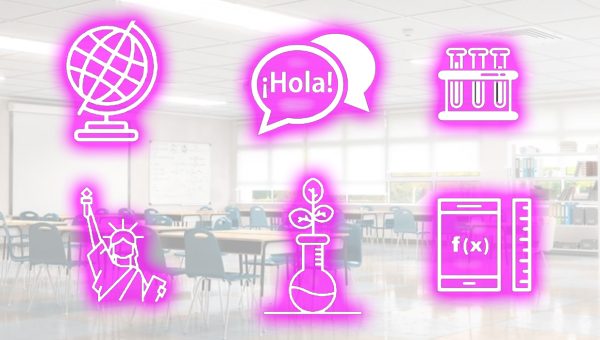A step in establishing students’ First Amendment rights
In 2017, a 14 year-old freshman in high school, Brandi Levy posted a profane Snapchat after not making the Varsity cheer squad. Levy and her friend, middle fingers up, took the Snapchat picture at a convenience store on the weekend.
The Snapchat was captioned, “F— school, F— softball, F— cheer, F—everything.”
Once posted, a few teammates who saw the picture took a screenshot and showed it to their cheer coach. Levy was then kicked off the cheer squad for the upcoming year. Levy looked to her school’s athletic director, principal, superintendent and school board who all sided with Levy’s cheer coach, which angered her.
Her parents on her behalf took the case to Pennsylvania’s District Court, where they ruled that Levy’s punishment violated her First Amendment rights to freedom of speech, because her Snapchat posts had not caused “substantial disruption” at school. The District Court ordered the school to reinstate Levy on the cheerleading team. Levy cheered on junior varsity her freshmen and sophomore years, and varsity her junior and senior years.
Mahanoy’s school district, however, disagreed with the District Court ruling, believing they had authority to censor and discipline Levy for her social media post, leading Mahanoy school district to pass the situation to the U.S. Supreme Court.
The Supreme Court ruled on June 23, 2021 in an 8-1 decision favoring Levy. The Justices followed their reasoning that Levy’s school had no authority to punish her with circumstances on when schools can regulate off-campus student speech.
“While public schools may have a special interest in regulating some off-campus student speech, the special interests offered by the school are not sufficient to overcome B.L’s interest in free expression in this case,” the ruling stated.
“Circumstances that may implicate a school’s regulatory interests include serious or severe bullying or harassment targeting particular individuals; threats aimed at teachers or other students; the failure to follow rules concerning lessons, the writing of papers, the use of computers, or participation in other online school activities; and breaches of school security devices,” according to the official Supreme Court website.
The Mahanoy v B.L. court case is the first case in agreement to student’s and their freedom of speech since Tinker v. Des Moines Independent School District in 1969.
This case cleared blurred lines on student’s free speech rights outside of school and on social media a little more. With social media being highly incorporated in today’s world, cases as such are important to help establish what schools can and can not censor when it comes to their student’s out-of-school social media posts.
This case has become a relevant reason for future students to stand up for themselves if they feel wrongfully disciplined with the Supreme Court ruling that an online post has to “substantially” disrupt a school to enable school’s discipline.
Last spring, a Decatur student was dismissed from one of their sports games after seen at a party, where they were not participating in drugs or alcohol. The Hawk has chosen to withhold this student’s name to protect their anonymity.
“The coach pulled me in with two other coaches and told me I was punished and unable to play in the next game,” said the student. “I was designated to drive my friends around that night and not photographed with any alcohol, like the coaches were implying, because I was sober.”
The Mahanoy v. B.L. case has enabled support for Decatur students in situations as such. The ruling supports a need for significant evidence of online posts, as well as if that post can lead to a punishment.
The case assures when school systems can punish students for actions on social media, which can help Decatur and all public-school students to protect their first amendment right to do and say as they please.


